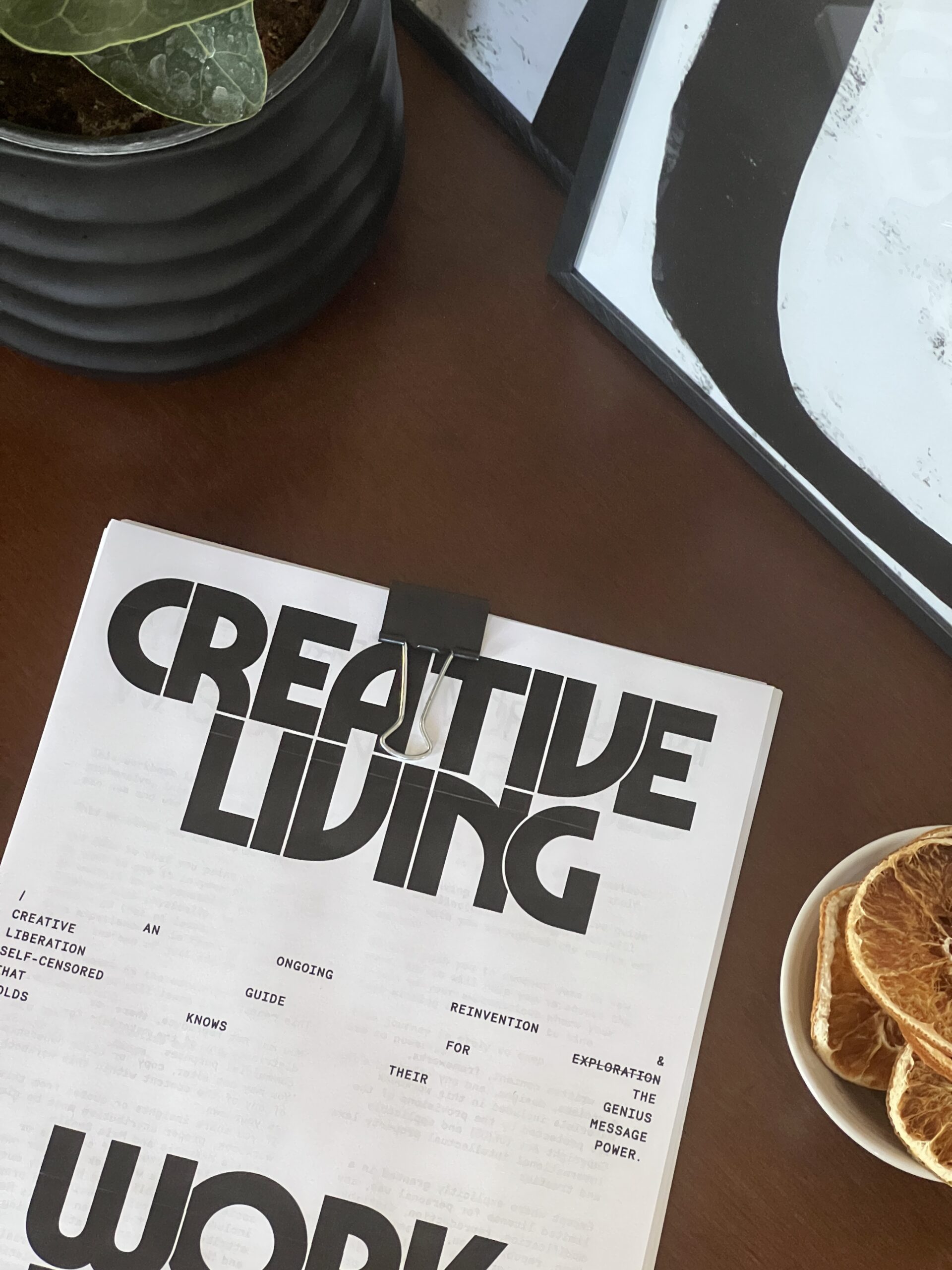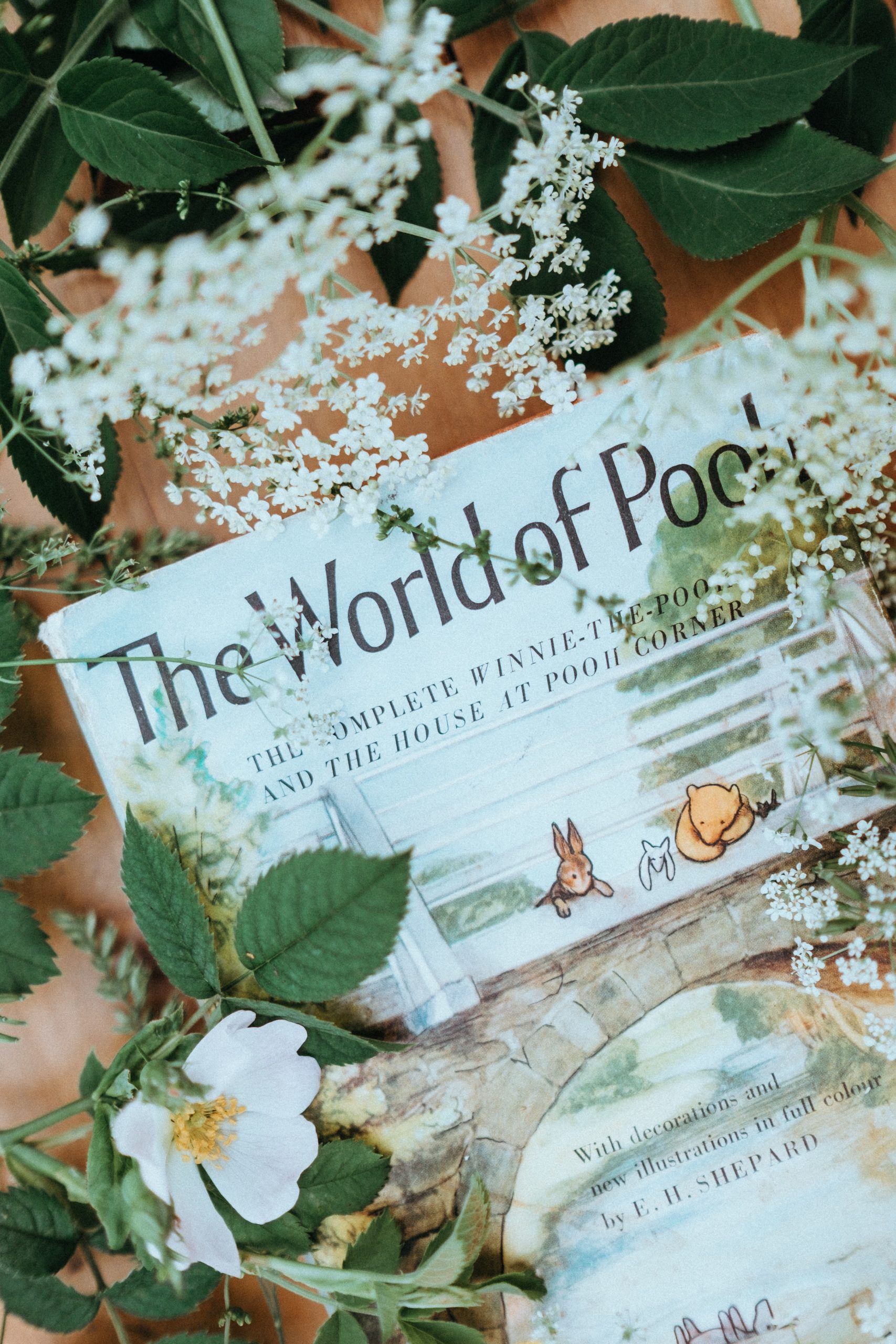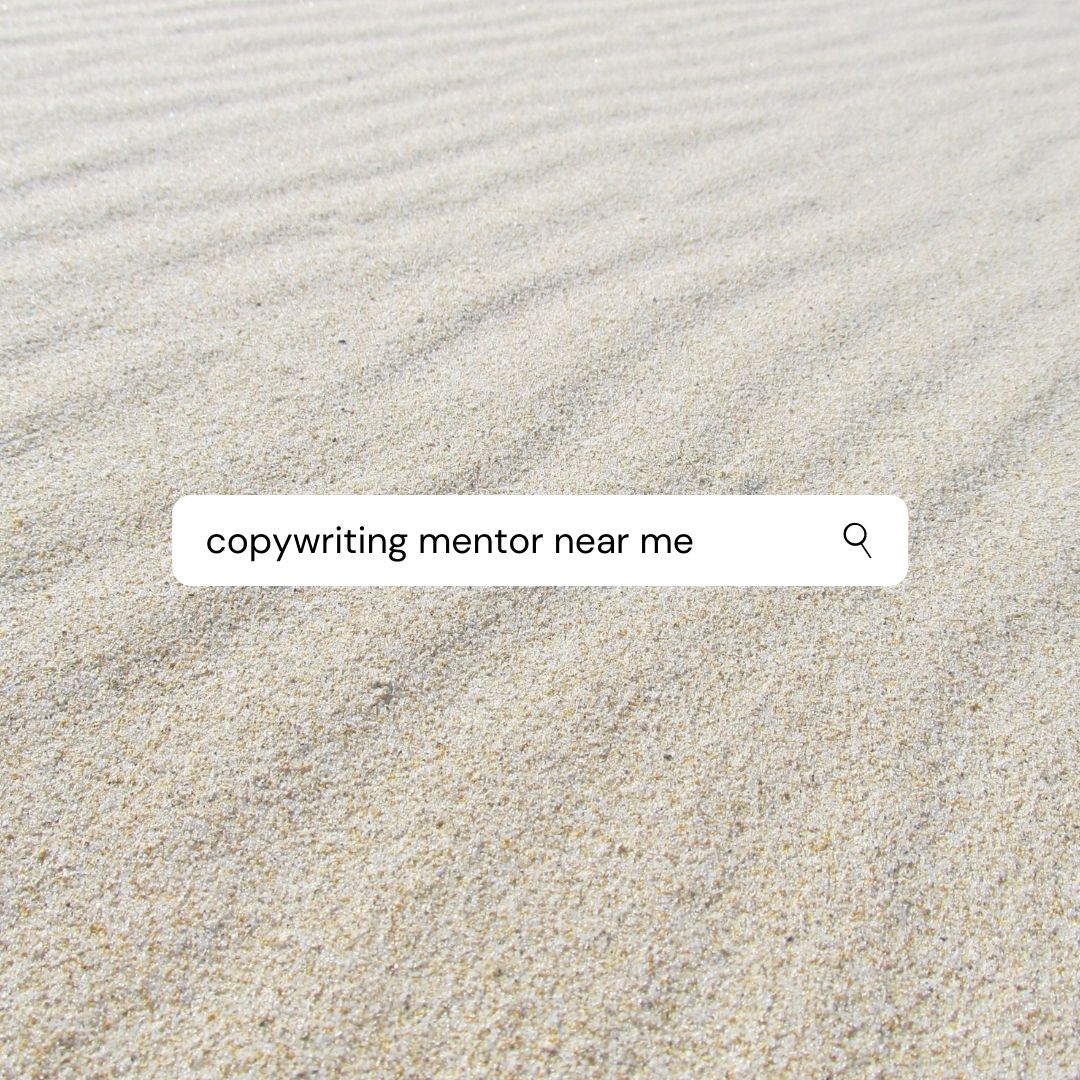The earliest equivalent of AI-written copy that I can remember was in 2020. I was engaged to be married that fall and wanted a clever wedding hashtag—so what did I do? Of course tried out a wedding hashtag generator. You know the kind—you type in both last names, see what combinations it came up with, pick the cutest one.
Not surprisingly, I didn’t like any of the options. There was no cute wedding hashtag for us! (No great loss, honestly).
But here we are, five years later, and everyone and their mom (maybe especially their mom, although not mine) is using ChatGPT for anything they have to do that resembles thinking. Especially anything creative.
There are so many problems with the rise of AI. Really too many to count. But the most obvious one that a copywriter would blog about is this: using words generated by ChatGPT and then passing them off as your own is ethically questionable at best and straight up stealing at worst. (Not because you are taking words from a chat-bot, but because it is taking from other people’s published works).
You should know that I’m not above occasionally using AI. I used it this summer to visualize some changes for our landscaping, and I definitely use it to transcribe my client calls. Maybe at some point I’ll write more about the ethical and creative problems with artificial intelligence, but right now there’s a specific by-product of AI copy and marketing that is incredibly relevant to you if you own a business. Especially if you own a business that you market online.
Sub-par writing doesn’t work anymore.
Bad writing is ineffective for a variety of reasons, of course. But one of the biggest reasons? Most people will assume that it is AI generated.
And one of the quickest ways for your audience to lose interest and trust in your brand is for them to realize (or suspect!) that you’re using AI to “create” the things they see from you.
(Can you tell I feel strongly about this?)
So, here’s the short version: AI-sounding copy is OUT.
Here are a few filters you can run your work through to see if your words sound more robot than human.
Specificity/beating-around-the-bush filter.
One of the fastest clues that something is AI generated is whether or not it is SPECIFIC. AI-content is almost always vague and way too wordy. ChatGPT specializes in saying a whole lot of words about a whole lot of nothing.
Confession: this is one of the hard ones for me. I like to be polite and not rock the boat too much, usually, and being more specific can come across as sticking your neck out there sometimes. But as you filter through your writing, don’t beat around the bush. Say what you mean.
ChatGPT’s trauma response is fawning. Filter for fawning.
Okay, obviously ChatGPT is incapable of having a trauma response. But it is built to be accommodating, polite, to say what you want to hear. An anti-AI filter for your writing is to check and see if you are desperately trying to bend over backwards and say what you THINK your audience wants to hear, or if you’re writing honestly and with integrity even if it might go against what someone reading it might be thinking.
Your willingness to not always and at every moment be perfectly diplomatic will indicate that you actually might be a human.
Filter for formulas and ultra-academia.
We learned in school that tidy paragraphs, odd-number lists, and big words would probably make our essays better.
We learned that, and then ChatGPT stole it from us.
(That’s the sad version, at least.)
Truly, though, one of the signals of robot writing is those jargon-y extremely tidy, perfectly punctuated, formulaic writing. And even though it may be our instinct, because it’s often “proper,” it can also be a clue that our words aren’t that thoughtful or original. You don’t have to discard tidy lists completely and good grammar completely (please don’t, actually), but don’t use them at the expense of personality.
Filter for no personality.
It occurs to me, as I’m writing this, that the emergence of AI writing has possibly actually HELPED my own writing, in some ways. Of course there is a mix of reasons that my writing has maybe (hopefully??) over my last five years of copywriting. But ChatGPT has made me realize how sad and lonely writing with no personality is. The imperfect words, dash of humor, dash of cynicsm—those are the things that set human writing apart from AI writing. AI-generated copy and content is always somehow…flat. Don’t let your own writing be flat too.
Get an actual human to help you write your copy
If you’re someone who is horrified by the idea of AI writing your copy, but also are pretty sure you can’t write it yourself, it’s shameless plug time. 🙂 My actual job is helping people write copy—but in a way that is thoughtful, slower than ChatGPT, and sounds human. Click this link if you want to get in touch.








































































































+ show Comments
- Hide Comments
Add a comment